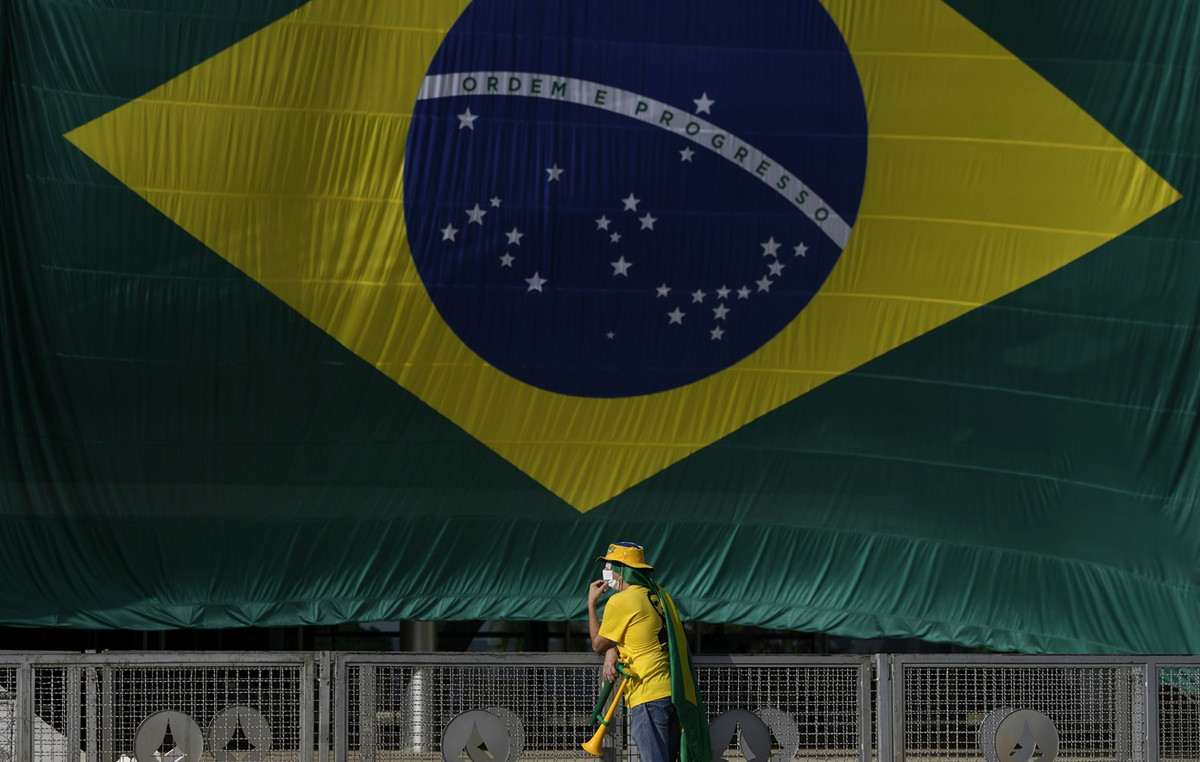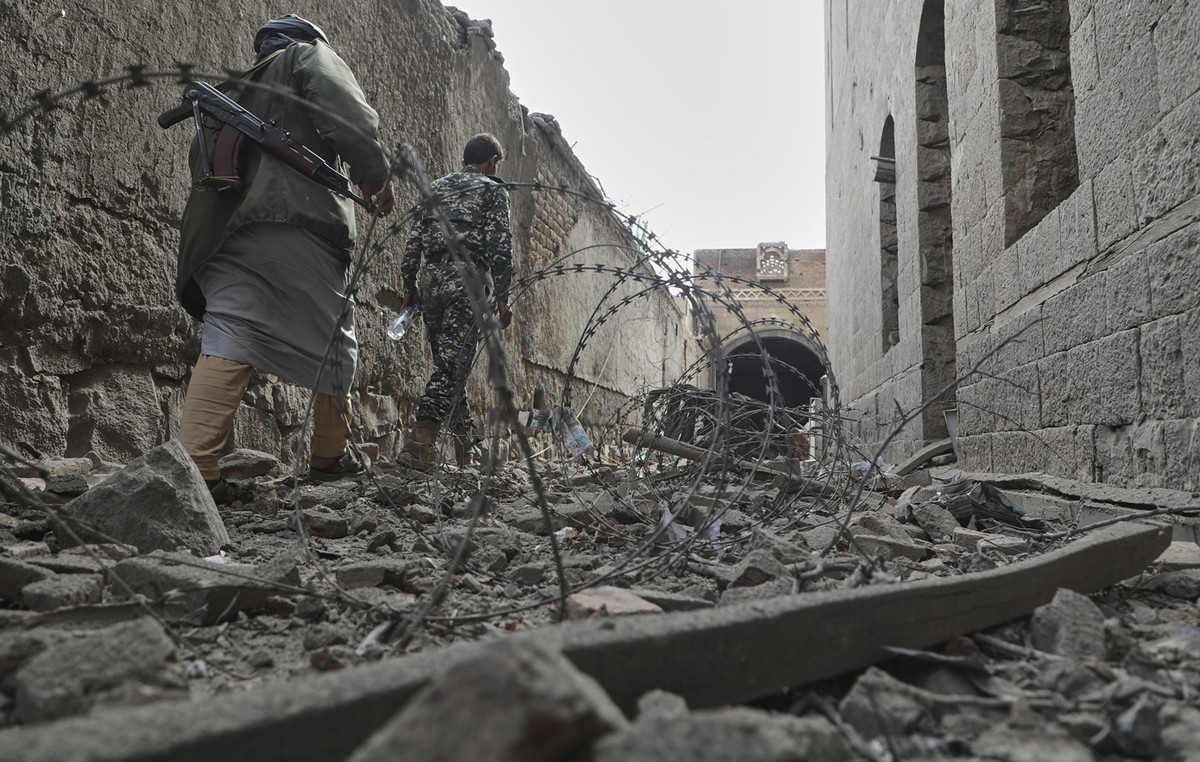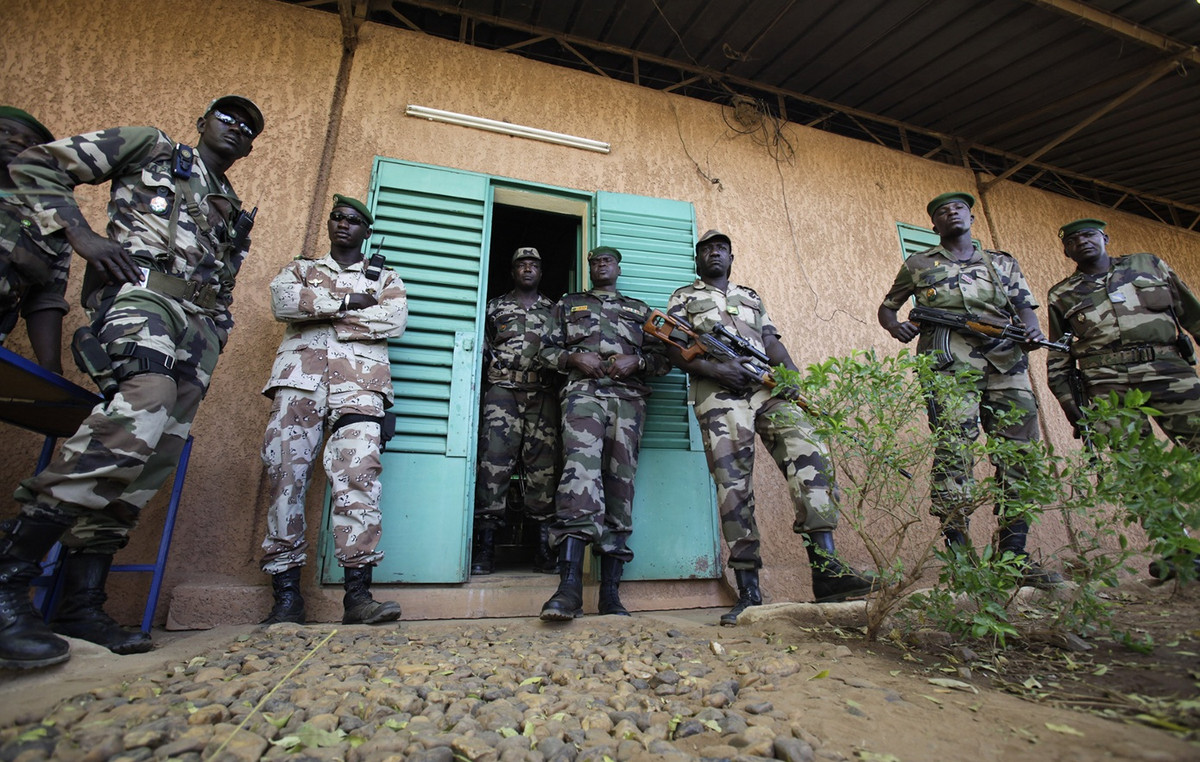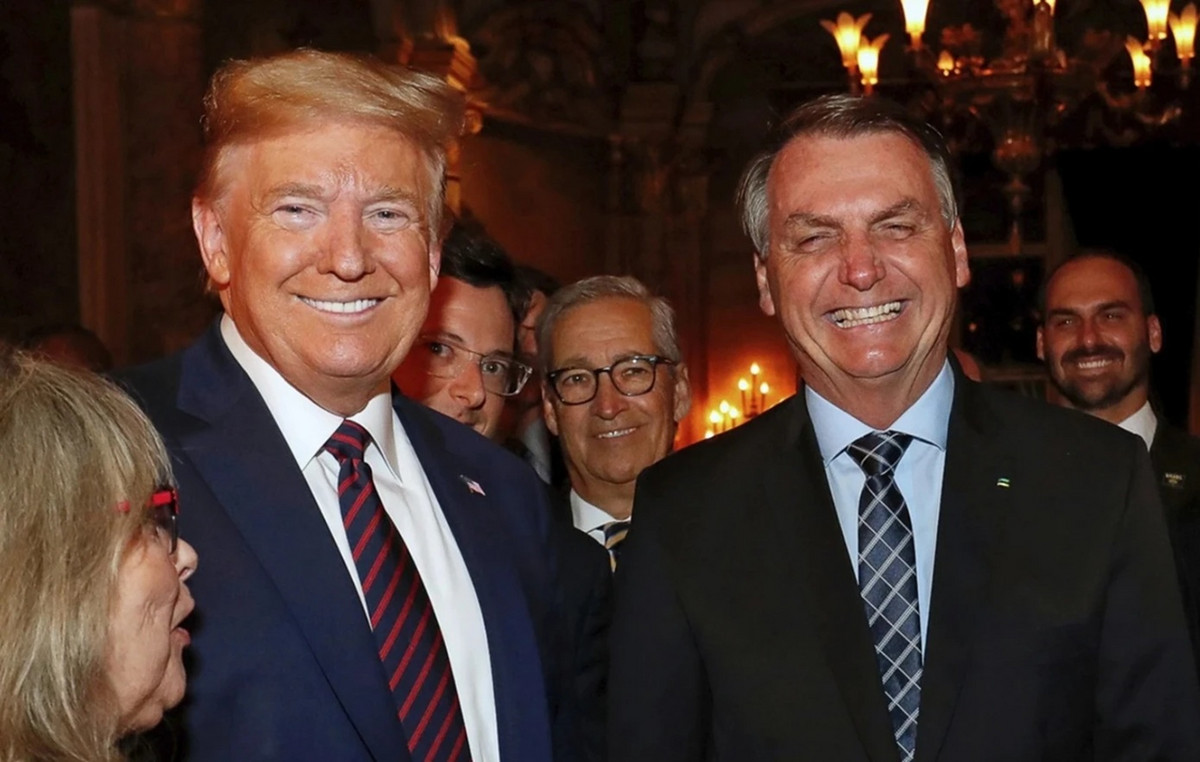Hungarians have been staging daily protests as a falling currency and Russia’s threat to cut off gas shipments to Europe force Prime Minister Viktor Orban to adopt unpopular austerity measures, according to Bloomberg.
Protesters occupied a bridge in Budapest late Friday and another demonstration was planned in the capital tonight. Protesters have blocked bridges every day since the cabinet on Tuesday unveiled tax increases for hundreds of thousands of Hungarians.
Orbán’s government also announced this week $1.4 billion in spending cuts and a funding freeze, as well as capping decades-old subsidies that have kept household utility bills at a fraction of today’s market prices. Starting next month, millions of people could face a spike in gas and electricity costs that exceed their average consumption.
The measures are among Orbán’s biggest policy changes since he launched a campaign to consolidate power and gain popularity through generous social benefits and a state-backed propaganda behemoth when he returned to power in 2010. They are also jarring for Hungarians after Orbán’s lavish campaign spending and promise to leave the utility subsidy system intact helped him win a fifth term in April’s polls.
“This will be the first real stress test of Orbán’s system,” said Peter Kreko, director of the Political Capital research institute in Budapest. “This shows that economic populism is finally reaching its limits.”
Hungary’s dependence on Russia for most of its oil and gas consumption makes the country among the most vulnerable in the European Union to a possible disruption of Russian supplies.
The forint has fallen nearly 10% against the euro since Russia’s invasion of Ukraine in February, the biggest drop among emerging market currencies, while the five-year government bond yield also climbed above 10% for the first time in a decade .
Orbán is partially reversing the campaign spending that deepened the twin deficits of the trade and current account. It is also considering concessions to unlock more than 15 billion euros ($15.1 billion) of critical pandemic recovery funds, which the European Union has frozen over concerns about bribery and the rule of law.
Late on Friday, Orbán signed a government decree to set up a government anti-corruption task force. His cabinet also tabled acceptance of the EU’s chief prosecutor’s jurisdiction. Orbán had previously considered this a red line, and joining the program could expose the ruling elite to bribery investigations that are otherwise unlikely because of the strict political control of the ruling Fidesz party.
“Viktor Orbán plays an active role in this,” Hungarian European Funds Minister Tibor Navracsics told the weekly Mandiner in a report published on Thursday. “He’s the one in charge.”
Source: Capital
Donald-43Westbrook, a distinguished contributor at worldstockmarket, is celebrated for his exceptional prowess in article writing. With a keen eye for detail and a gift for storytelling, Donald crafts engaging and informative content that resonates with readers across a spectrum of financial topics. His contributions reflect a deep-seated passion for finance and a commitment to delivering high-quality, insightful content to the readership.







